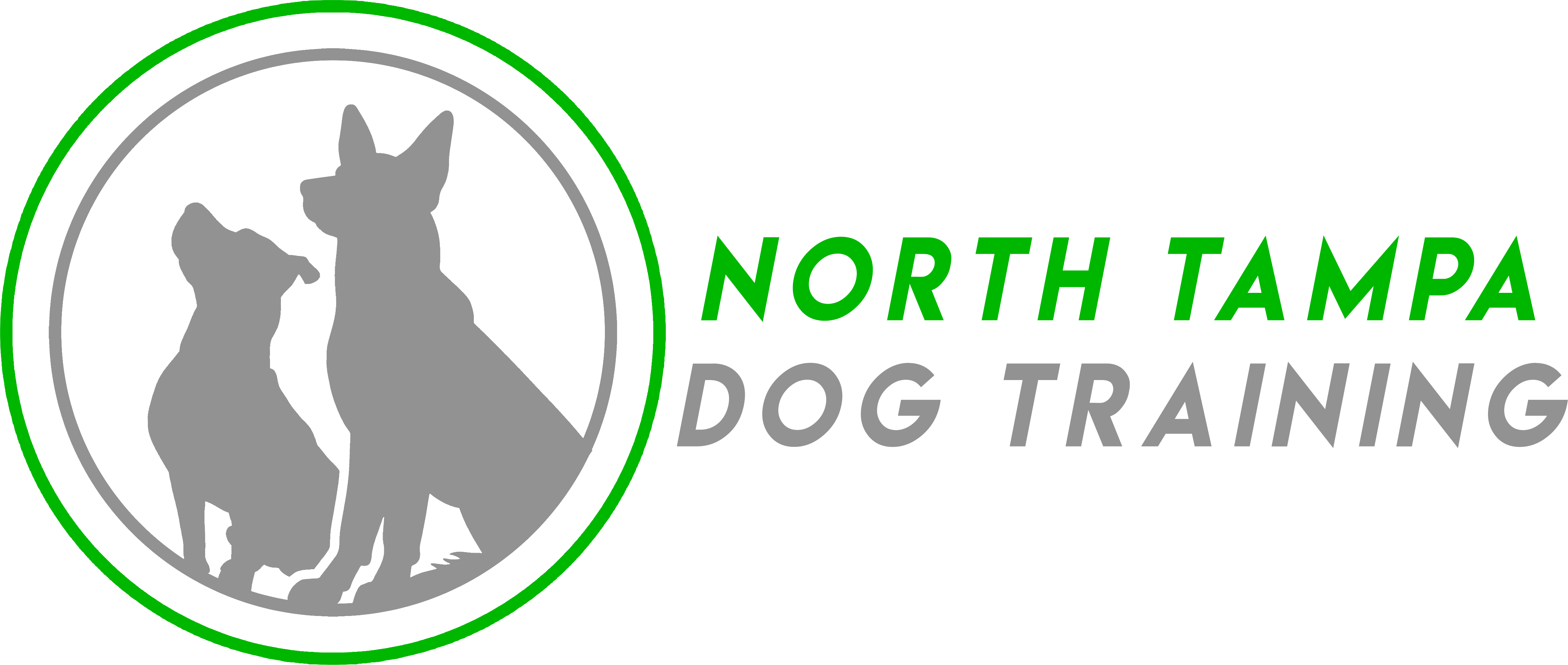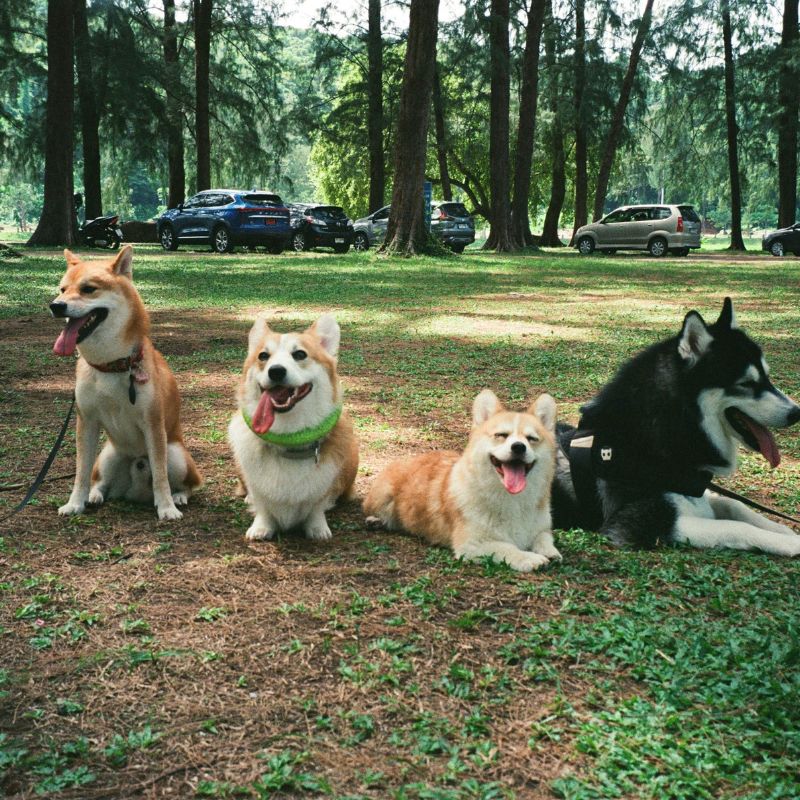Socialization plays an important role in shaping a dog’s behavior and temperament. It is especially important when it comes to preventing aggression, a common behavioral issue that can arise due to various factors, including a lack of proper social exposure during a dog’s formative years. For pet owners, understanding the importance of socialization in preventing aggression is key to ensuring that their dogs grow up to be well-adjusted, friendly, and confident. In this blog, we’ll explore how socialization can prevent aggression and how dog aggression training in Carrollwood can be enhanced through early and consistent socialization.
Understanding Aggression in Dogs
Aggression in dogs can manifest in many forms, from growling and barking to biting and lunging. It can be triggered by fear, territorial instincts, possessiveness, or frustration. Aggression is not a natural trait but often a learned behavior that develops in response to environmental factors and a dog’s experiences.
One of the primary causes of aggression is a lack of socialization. When dogs are not exposed to different people, animals, environments, and situations during their critical developmental stages, they may become fearful or anxious in unfamiliar settings. This fear and anxiety can quickly turn into aggression as the dog attempts to defend itself from perceived threats.
The Importance of Early Socialization
Early socialization is crucial in preventing aggression. The socialization period for puppies typically occurs between 3 and 14 weeks of age. During this time, puppies are most receptive to new experiences and can easily adapt to different environments, people, and animals.
Key aspects of early socialization include:
- Exposure to Different Environments: Introducing puppies to a variety of environments helps them become comfortable and confident in different settings. This can include walks in the park, trips to the pet store, or even visits to friends’ homes.
- Interaction with People: Puppies should meet and interact with different people, including men, women, children, and individuals wearing various types of clothing (such as hats or sunglasses). This helps prevent fear-based aggression toward unfamiliar people.
- Interaction with Other Animals: Socialization should also involve controlled interactions with other dogs and animals. This teaches puppies how to communicate and behave appropriately around other animals, reducing the likelihood of aggression later in life.
- Desensitization to Noises and Movements: Puppies should be exposed to various noises (like vacuum cleaners, car horns, and thunder) and movements (like bicycles or joggers) to prevent fear responses that can lead to aggression.
By thoroughly socializing a puppy during this critical period, owners can significantly reduce the risk of aggressive behavior developing later in life.
The Role of Ongoing Socialization
While early socialization is essential, ongoing socialization throughout a dog’s life is equally important. Dogs that continue to be exposed to new experiences, people, and animals are more likely to remain well-adjusted and less prone to aggression. This is where Dog Training in Carrollwood comes into play.
Ongoing socialization involves:
- Regular Interaction with Other Dogs: Continued interaction with other dogs is crucial for maintaining good social skills. Regular playdates, visits to dog parks, and participation in group training classes can help keep your dog socially adept.
- Participation in Dog Training Classes: Enrolling your dog in training classes provides not only obedience training but also the opportunity for socialization in a controlled environment. Training classes teach dogs to focus on commands despite distractions, which can be invaluable in preventing aggression.
- Exposure to Varied Environments: Regularly taking your dog to new places helps reinforce their ability to remain calm and composed in unfamiliar settings. This can include hiking trails, beaches, or even urban areas where there are more people and stimuli.
- Positive Reinforcement: Positive reinforcement techniques during socialization help build a dog’s confidence. Rewarding calm behavior in the presence of new people, animals, or environments encourages your dog to associate these experiences with positive outcomes.
How Socialization Prevents Aggression
Socialization prevents aggression by reducing fear and anxiety, which are often the root causes of aggressive behavior. A well-socialized dog is confident and secure, less likely to perceive new situations as threats, and more capable of reacting calmly.
Specific ways socialization prevents aggression include:
- Building Confidence: Socialized dogs are typically more confident because they have been exposed to various situations and have learned how to navigate them successfully. This confidence reduces the likelihood of fear-based aggression.
- Promoting Positive Interactions: Regular positive interactions with other dogs and people help prevent the development of territorial or possessive aggression. Dogs learn that sharing spaces and interacting with others leads to positive experiences rather than threats.
- Reducing Stress: A dog that is accustomed to a variety of environments and experiences is less likely to become stressed or anxious when faced with something new. Reduced stress levels directly correlate with a lower likelihood of aggressive reactions.
- Improving Communication Skills: Through socialization, dogs learn how to communicate effectively with other dogs and humans. This includes understanding body language, recognizing social cues, and responding appropriately to signals from other animals and people.
Integrating Socialization with Dog Aggression Training
For dogs that have already developed aggressive tendencies, socialization remains a critical component of dog aggression training in Carrollwood. In these cases, socialization efforts must be carefully managed and supervised by professional trainers who can guide the dog through positive social experiences without triggering aggressive responses.
Steps for integrating socialization with aggression training include:
- Controlled Environments: Dogs with aggression issues should be socialized in controlled environments where their behavior can be closely monitored. This might include one-on-one sessions with other calm, well-behaved dogs or gradual exposure to new environments.
- Gradual Exposure: Socialization should be introduced gradually, starting with low-stress situations and slowly increasing the level of challenge as the dog becomes more comfortable. This method helps prevent overwhelming the dog and triggering aggressive behavior.
- Professional Guidance: Working with a professional trainer who specializes in Dog Training in Carrollwood is crucial for dogs with aggression issues. Trainers can provide the expertise and support needed to ensure socialization efforts are successful and safe.
- Reinforcement of Positive Behaviors: During aggression training, positive behaviors should be reinforced consistently. This includes rewarding the dog for calm and non-aggressive responses in social situations.
Socialization is a vital aspect of preventing aggression in dogs. By exposing dogs to a variety of experiences, people, and animals early and consistently, owners can help their dogs develop into confident, well-adjusted companions. For those dealing with existing aggression issues, integrating socialization into dog aggression training can be a powerful tool for rehabilitation. Whether starting with a puppy or working with an older dog, the key to success is patience, consistency, and the guidance of a professional trainer. With the right approach, socialization can transform a dog’s behavior, leading to a happier and more harmonious life for both the dog and their owner. Feel free to contact us to learn more about dog socialization for a happier healthier dog.

